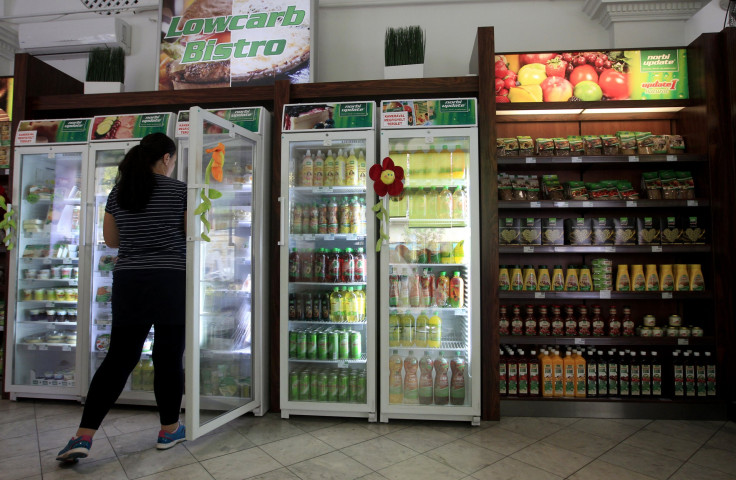Sugary Drinks Kill Around 184000 People A Year Globally: Study

Consumption of sugary drinks leads to the death of nearly 1,84,000 people in a year globally, claims a latest study. Of all the countries, the researchers claim that Mexico and United States have the maximum death rate because of the consumption of the sweetened beverages.
In the report, the researchers analyzed the number of deaths that occur due to cardiovascular diseases, diabetes and cancer are directly linked to the consumption of the sugar-sweetened beverages, energy drinks, ice tea and other fruit drinks.
Out of all the deaths, nearly 25,000 people die in the U.S. itself because of the consumption of these drinks. The researchers say that consumption of sugary drinks leads to obesity and a number of obesity-related diseases, leading to death of more than 17 million people worldwide.
“Many countries in the world have a significant number of deaths occurring from a single dietary factor, sugar-sweetened beverages. It should be a global priority to substantially reduce or eliminate sugar-sweetened beverages from the diet,” said lead researcher Dariush Mozaffarian from Tufts University in Boston, reported news.com.au.
According to the researchers, people who consume 1 to 2 soft drinks per day are at a 26 percent greater risk of developing Type 2 diabetes, than the people who stay away from its consumption. In addition, with the consumption of each drink, children become 66 percent more prone to become obese in the coming 1.5 years.
Mexico, whose 10 percent population is affected by diabetes, has the highest death rate attributable to the consumption of sweetened drinks. On the other hand, the United States has the second highest death rate.
Meanwhile, in Japan, the number of yearly deaths due to the sweetened beverages are almost negligible. This is so because Japan's most popular beverage drinks are unsweetened teas.
The complete study has been published in the journal, Circulation.
Contact the writer at: emailtoguneet@gmail.com.





















